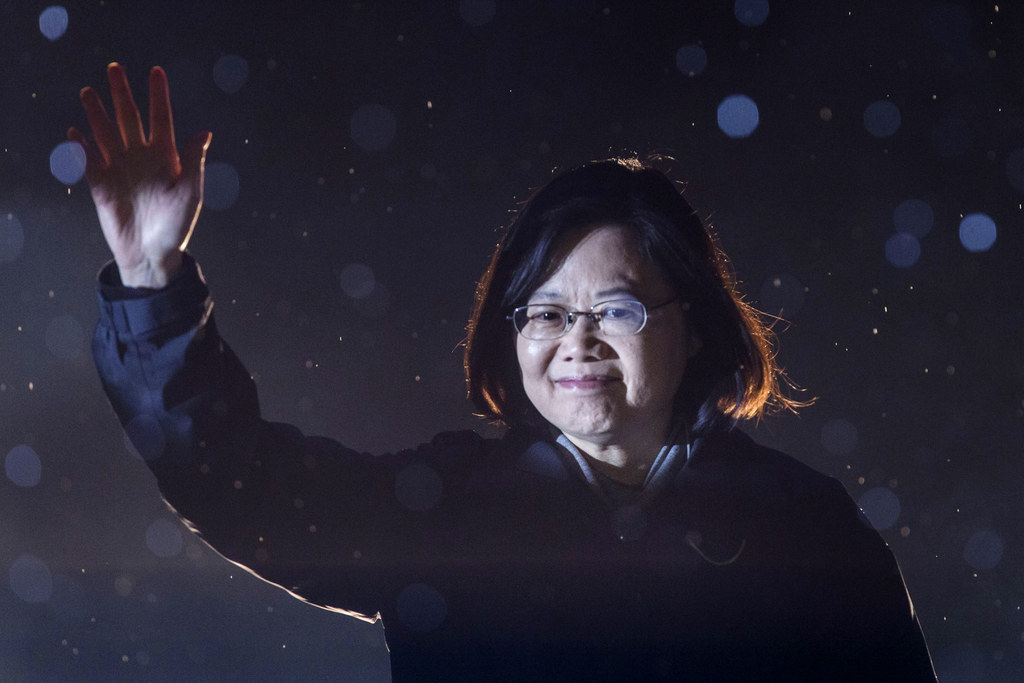Tsai Ing-wen has been sworn in as the new president of Taiwan, making her the first woman to hold the position.
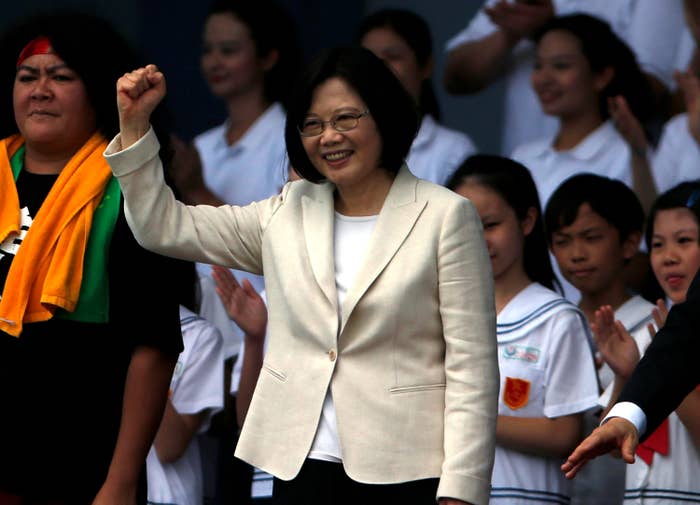
In January, Taiwan went to the polls and Tsai, who has said she's ready to change the way the island has dealt with mainland China for about the past decade, led her party to a landslide victory.
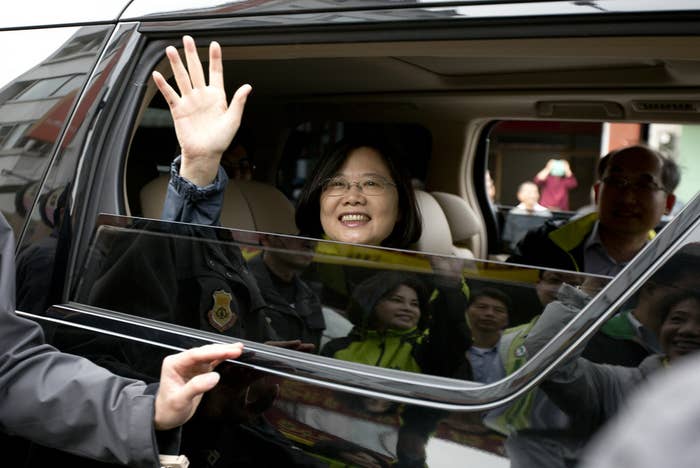
The relationship between Taiwan and mainland China can be described as "complicated," if you're feeling charitable. The short version: After the Communist takeover in 1949, the former regime fled to Taiwan, with both sides saying they represented all of China.
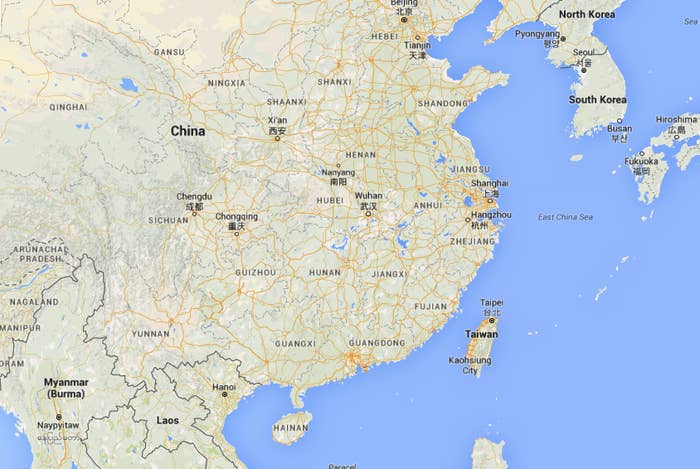
For the last eight years, Ma Ying-jeou, head of the Kuomintang (KMT or Nationalist) party founded by the leaders who originally fled the mainland, has led Taiwain. Despite that history, Ma pushed for stronger ties with Beijing through his two terms.
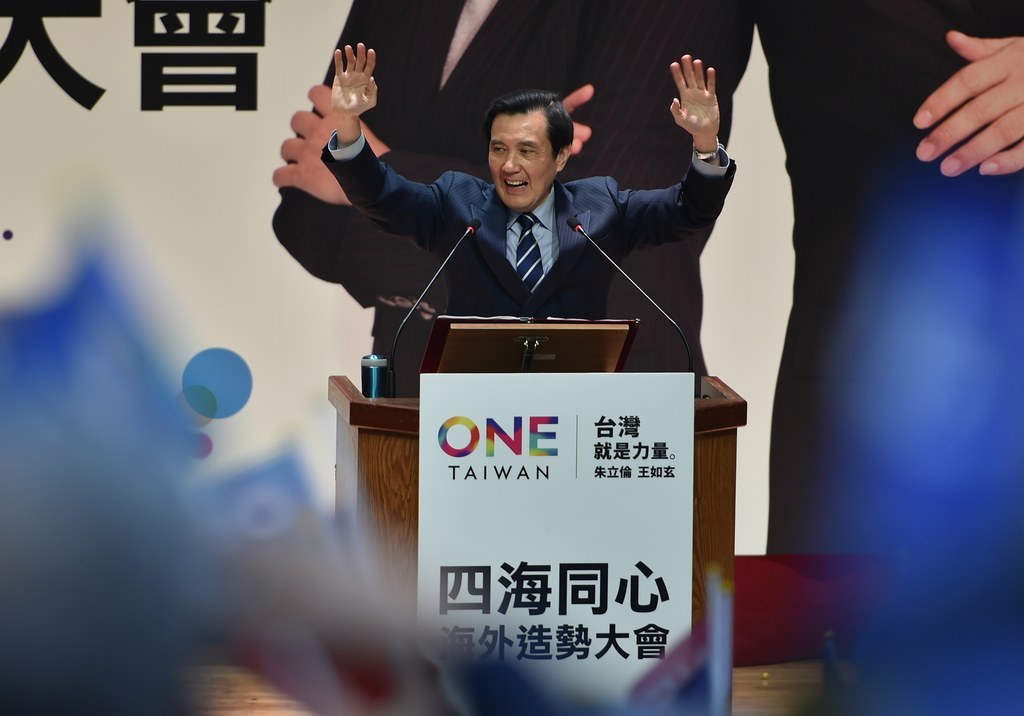
After two terms, Ma was ineligible to run again, meaning the race pitted Tsai — leader of the opposition Democratic Progressive Party (DPP) — against KMT candidate Eric Chu to succeed him.
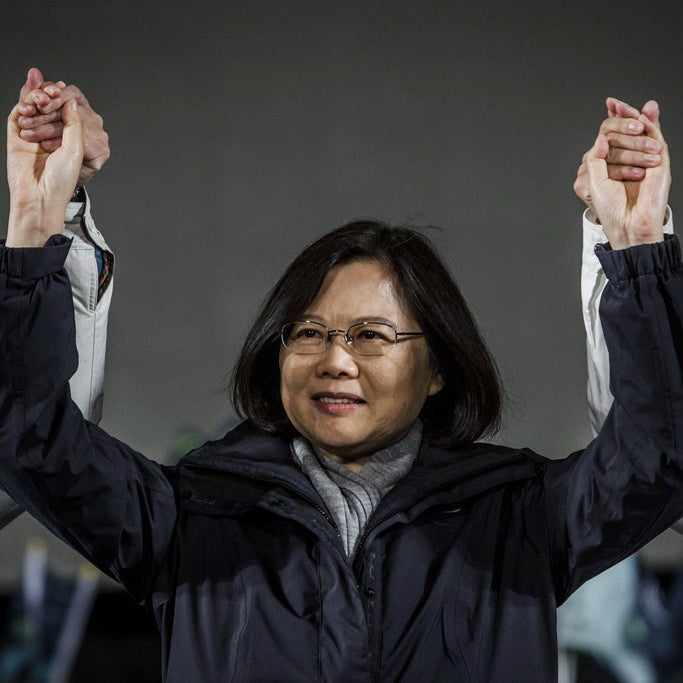

Tsai, 59, is no stranger to presidential politics — she's run twice before, including in her attempt to unseat Ma during the last election.
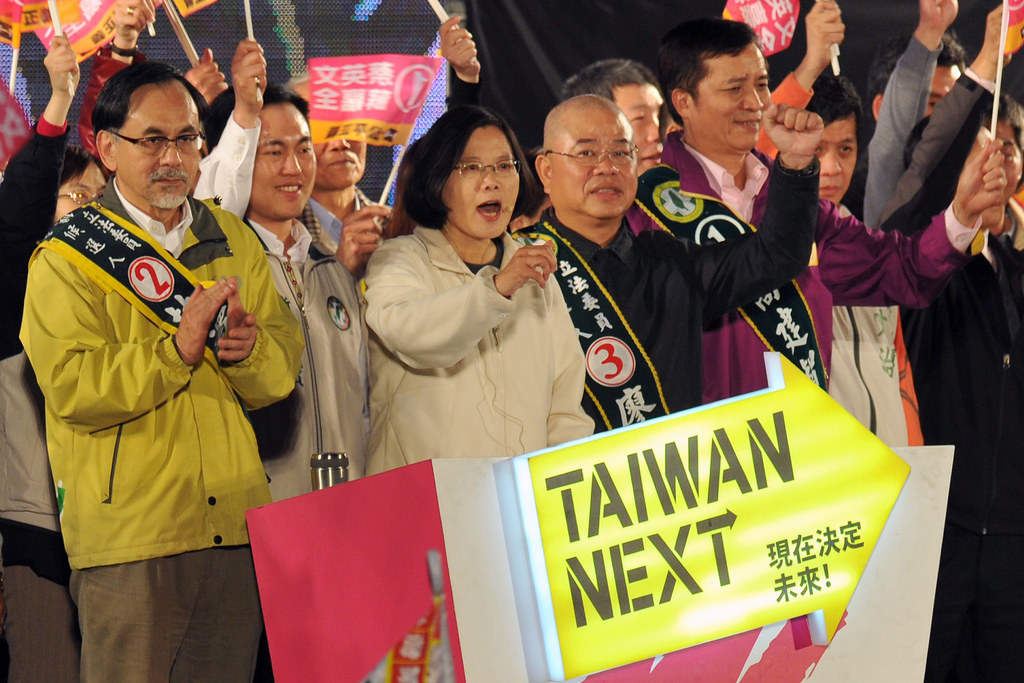
Tsai had been confident about her chances of defeating the KMT's candidate for months. Last year, she told a Time journalist who she cooked breakfast for that the reporter could say she was served by "the next president of Taiwan."

She had good reason to be so optimistic ahead of the vote: Polls showed she had a 20-point lead over Chu.
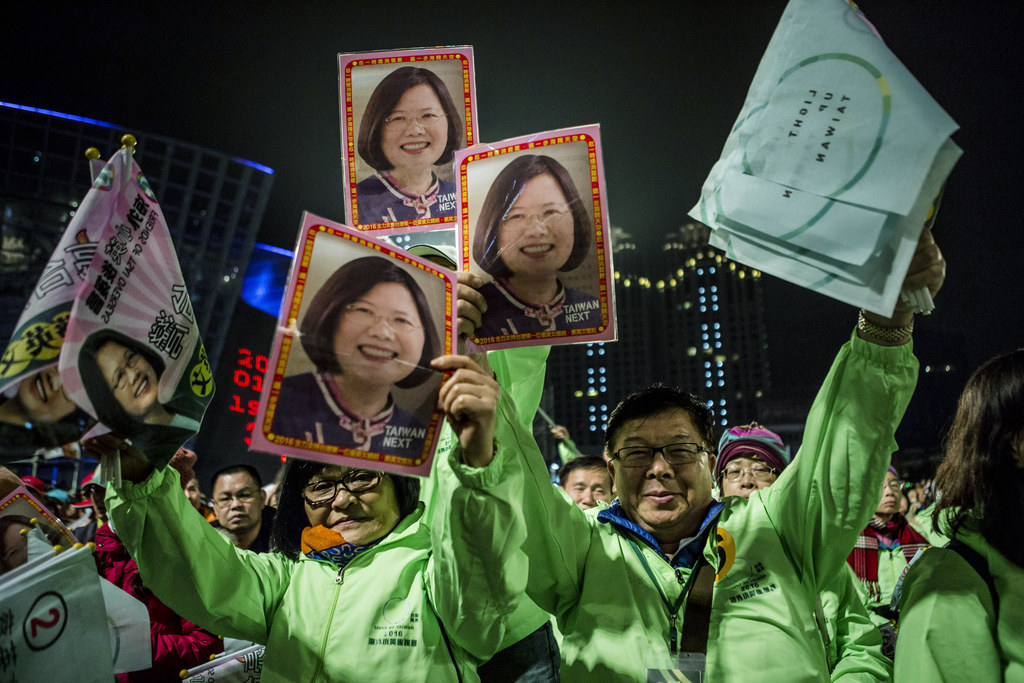
(Sidebar: She's also very popular with The Youth, a trend helped along by her two cats, Ah Tsai and Think Think.)
Tsai's victory — a potential first ever majority for the DPP in Taiwan's legislature — could spell trouble for relations across the strait.
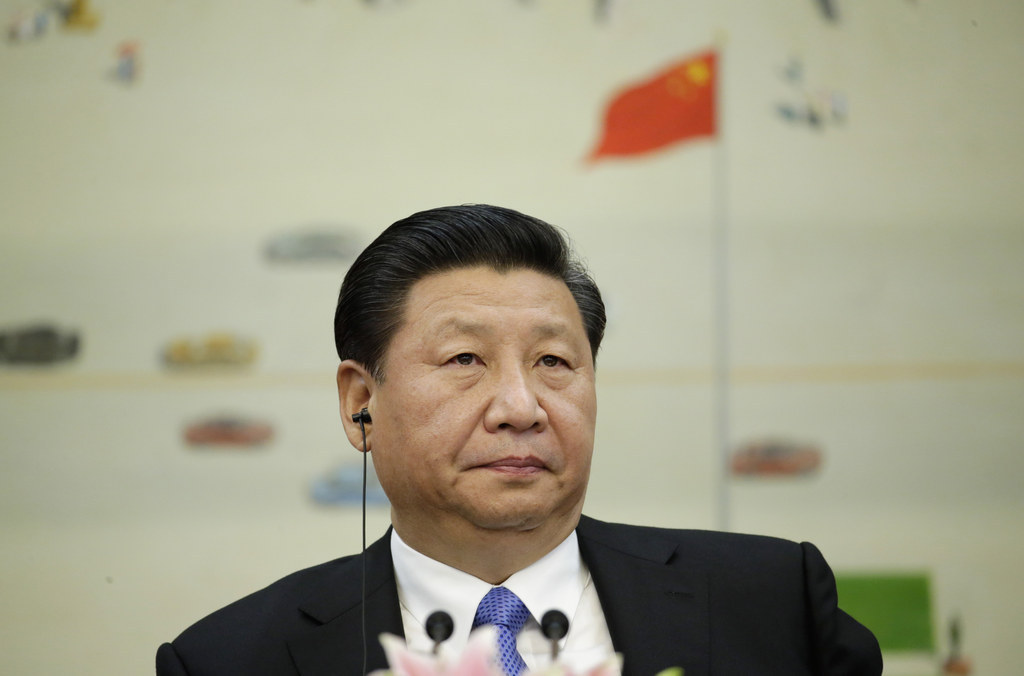
No need to panic, though: Tsai has indicated in her public remarks that she wants to retain the status quo and not declare independence anytime soon — an act that would likely send thousands of Chinese missiles flying.
